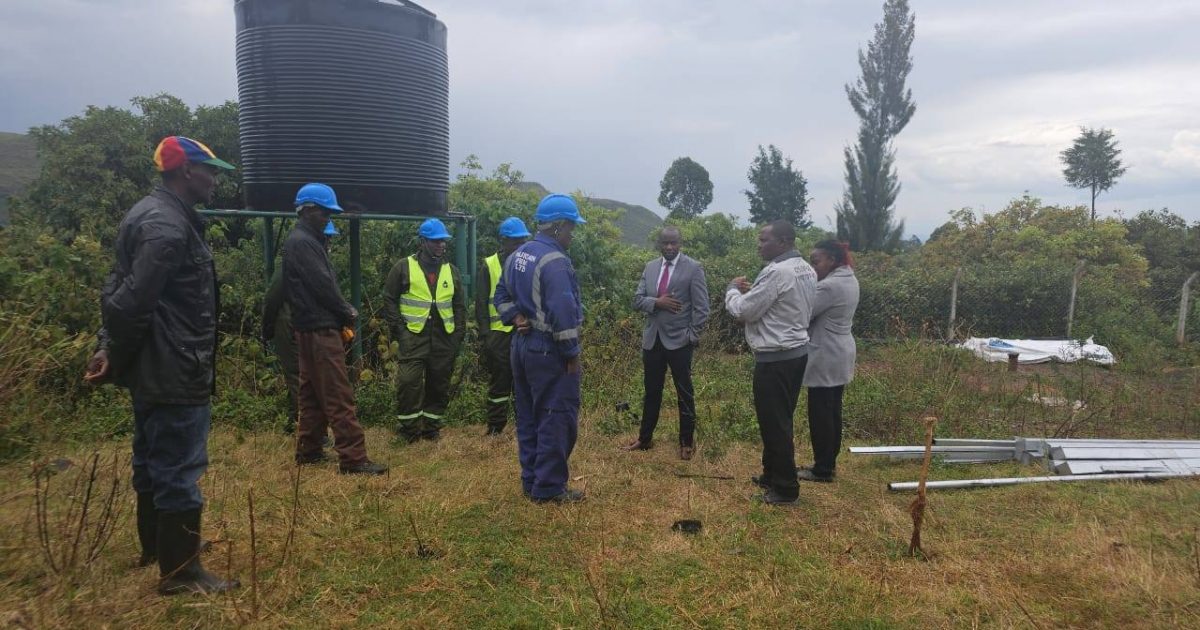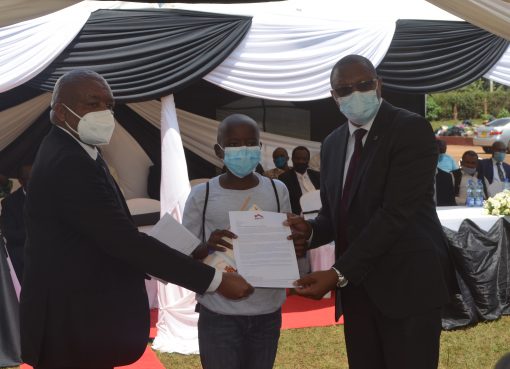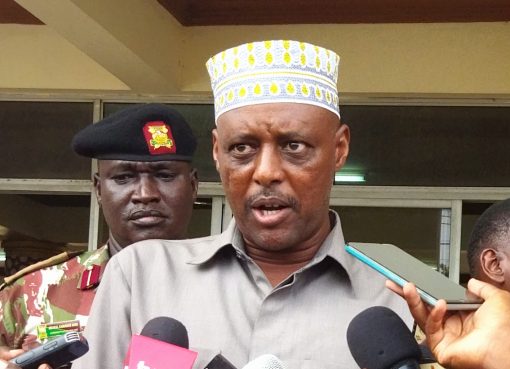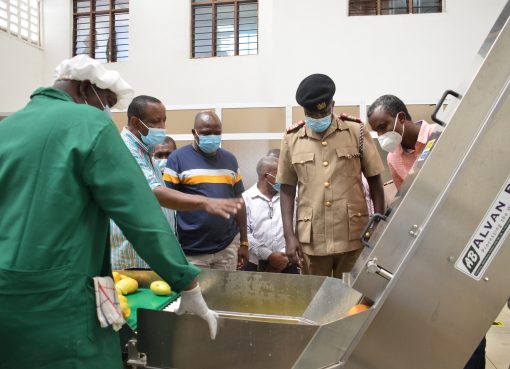More than 5,000 residents, including farmers and public institutions in Subukia Ward, Nakuru County are poised to gain access to safe and clean drinking water as the Gatongu borehole project progresses towards completion.
The ambitious initiative, funded under the Financing Locally Led Climate Action (FLoCCA) programme, aims to tackle long-standing water scarcity issues while bolstering climate resilience in the region.
The project encompasses the construction of a water kiosk, the laying of a 5.6-kilometer pipeline, and the installation of a solar-powered pump at the Gatongu borehole.
These developments are designed to provide a sustainable and reliable water source, crucial for both domestic and agricultural use in the face of increasingly unpredictable weather patterns.
Chief Officer for Environment and Climate Change, Kennedy Mungai, conducted an on-site inspection today to assess the project’s progress.
The inspection revealed that the water kiosk has been successfully completed, and significant strides have been made in the installation of the solar structure and pump.
“This project is a testament to our commitment to improving the lives of our residents,” stated Chief Officer Mungai during the inspection. “By harnessing solar power, we are not only ensuring a sustainable water supply but also reducing our carbon footprint, aligning with global efforts to combat climate change.”
The Chief Officer was accompanied by members of the Climate Change Unit, led by Emmah Ndegwa, and Water Officer John Mwangi.
The team engaged with local residents, who expressed their gratitude and optimism about the project’s potential to alleviate their water woes.
“For years, we have struggled with inadequate water supply, particularly during the dry seasons,” said Peter Kimani. “This project will transform our lives and enable us to improve our farming practices.”
Gatongu borehole project aligns with Governor Susan Kihika’s vision of strengthening climate-smart infrastructure and enhancing the quality of life for all Nakuru County residents.
By leveraging locally led climate action, the project serves as a model for sustainable development and community empowerment.
The FLoCCA programme, which funds the project, emphasizes the importance of empowering local communities to drive climate action and build resilience. The Gatongu project exemplifies this approach, ensuring that the benefits of climate finance directly reach those most affected by climate change.
As the project nears completion, anticipation is growing among Subukia residents, who are eager to access clean and reliable water, marking a significant milestone in the region’s development.
The Nakuru County government remains committed to ensuring the project’s timely completion and continued success.
By Veronica Bosibori





